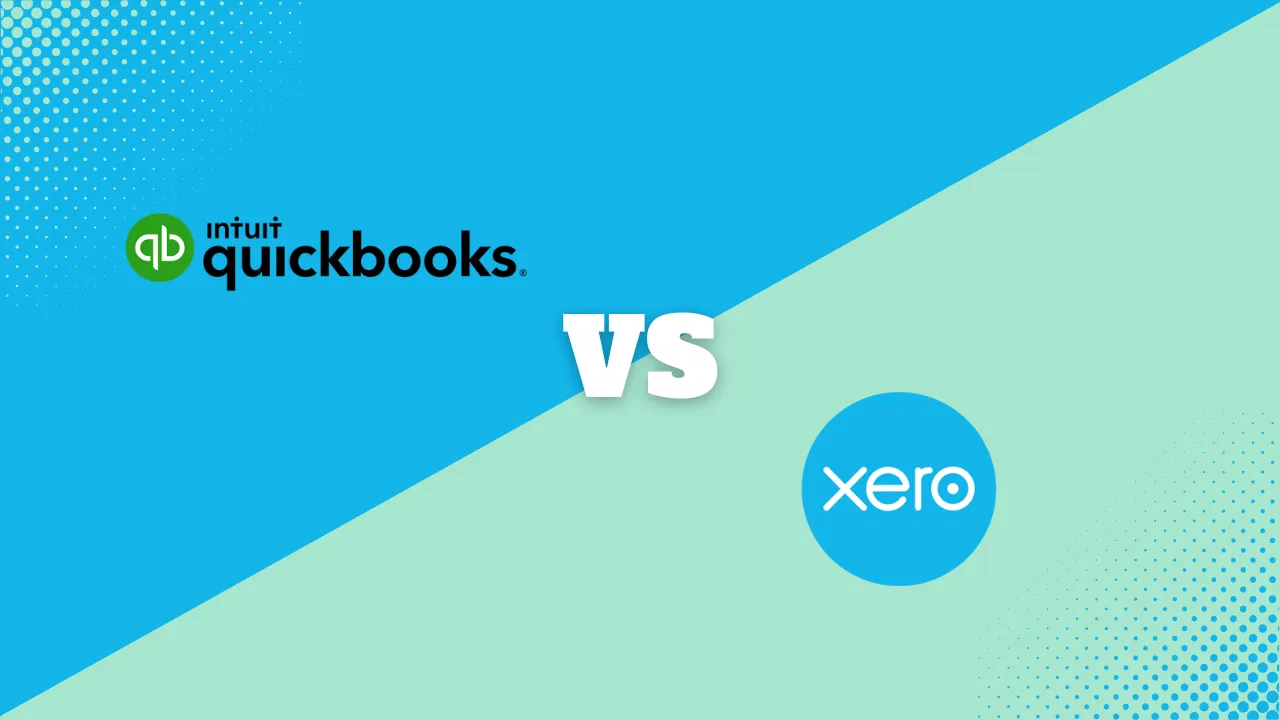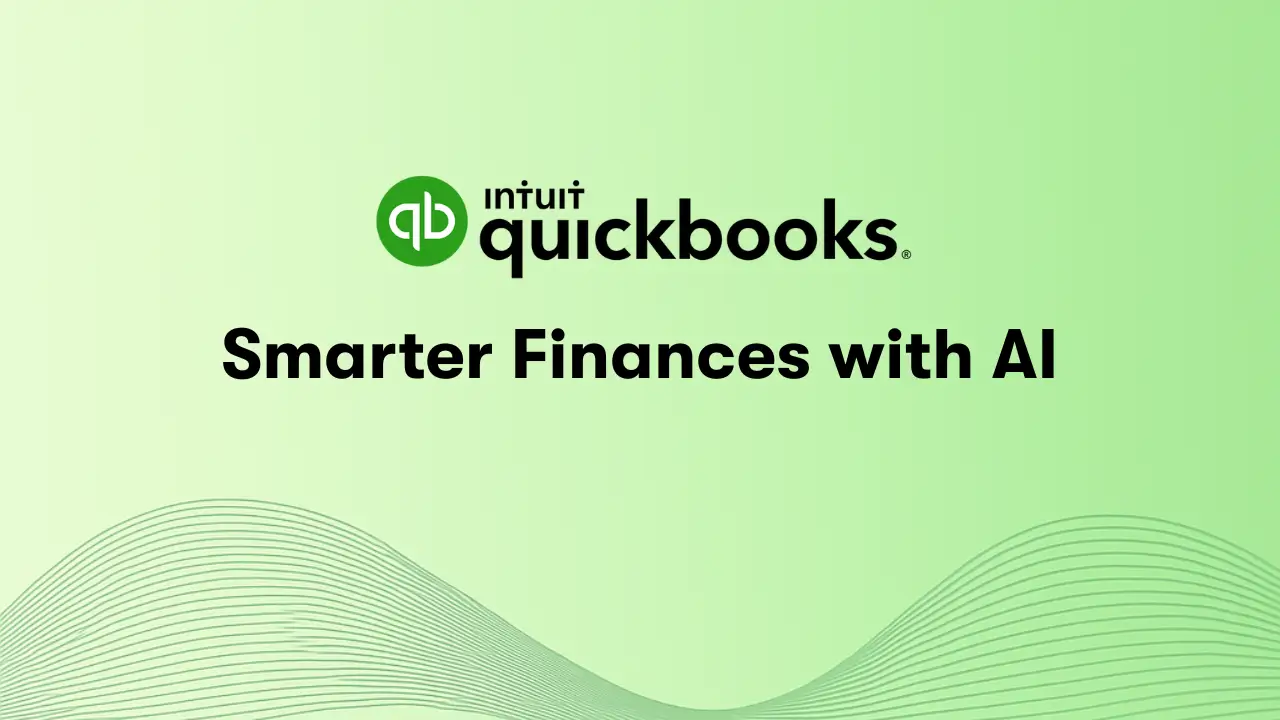Finance Software Solutions: Transforming Financial Management in 2025

Managing finances effectively is essential for businesses and individuals striving for success. With increasing complexity in financial operations, accounting software has become indispensable as a financial management tool. Whether you’re running a small business, managing corporate accounts, or planning personal budgets, the best financial management software can streamline tasks, save time, and offer actionable insights.
This comprehensive guide explores everything you need to know about financial software systems, their features, benefits, and how to choose the right one for your needs. Let’s dive in!
What is Financial Software?
Financial software encompasses digital tools that simplify financial operations, from basic budgeting to advanced corporate accounting. Enterprise resource planning software is a type of financial software that integrates various business processes such as finance, human resources, and supply chain operations. These tools are designed to automate processes, ensure compliance, and provide insights for better decision-making.
Why is Financial Software Important?
-
It saves time by automating repetitive tasks like payroll and invoicing.
-
It reduces errors with accurate calculations and reporting.
-
It boosts efficiency by integrating financial data across platforms.
-
It provides insights through detailed analytics and reports, helping you make informed decisions.
-
It supports the finance team by enhancing collaboration and streamlining processes.
Examples of Financial Software
Financial software is versatile and serves different needs. Here are some examples:
-
Budgeting Tools: Perfect for tracking expenses and managing personal or business finances.
-
Financial Management Applications: Comprehensive solutions for accounting, payroll, and forecasting.
-
Corporate Finance Software: Advanced tools for enterprises managing complex financial operations.
-
Financial Database Systems: Platforms for storing, analyzing, and retrieving financial data.
-
Financial Management Solution: Optimizes organizational financial health and performance by integrating modern software to enhance collaboration and streamline financial processes.
Types of Financial Software
Understanding the types of financial software can help you identify the best option for your needs.
1. Financial Management Software
This category includes tools that handle all aspects of financial operations, from bookkeeping to payroll. Financial management software helps in monitoring and optimizing cash flow, which is crucial for enhancing budgeting, improving invoicing processes, and making more informed financial decisions.
-
Best For: Small to medium-sized businesses and startups.
-
Features: Budgeting, expense tracking, and financial reporting.
-
Examples: Tools designed for business finance management software.
2. Financial Applications
These are specialized tools that focus on specific processes, like billing, invoicing, or tax calculations.
-
Best For: Businesses needing targeted solutions.
-
Features: Invoicing, tax management, and payment tracking.
-
Examples: Application software for finance with features like multi-currency support.
3. Corporate Finance Software
Designed for larger enterprises, these tools manage advanced financial operations like risk analysis, compliance, and auditing. They also utilize historical financial data to enable strategic planning and decision-making.
-
Best For: Enterprises with complex financial needs.
-
Features: Risk management, compliance tracking, and forecasting.
-
Examples: Leading corporate finance software for multi-national companies.
4. Budgeting and Expense Management Tools
Focused on tracking and optimizing spending, these tools are ideal for personal and business use.
-
Best For: Individuals and small businesses.
-
Features: Budget planning, expense categorization, and real-time tracking.
Related Articles
Key Features of Financial Software
When selecting the best software for financial management, look for these features:
-
Automation: Automates tasks like payroll processing and invoicing to save time.
-
Real-Time Reporting: Provides up-to-date insights into financial performance.
-
Integration: Connects with other systems like CRM, ERP, or inventory management platforms.
-
Customization: Adapts to your business’s unique financial needs.
-
Data Security: Protects sensitive financial information with robust encryption and security protocols.
-
Financial Planning helps align financial strategies with business goals by forecasting, modeling different scenarios, and creating budgets for informed decision-making.
Benefits of Using Financial Software
Financial management applications offer various advantages for businesses of all sizes. These tools assist companies in creating realistic budgets and making informed financial projections, which are essential for maintaining and optimizing an organization’s financial health.
1. Enhanced Efficiency
Automating repetitive tasks allows your team to focus on strategic activities.
2. Improved Accuracy
Reduce human errors in calculations, reporting, and tax filings.
3. Cost Savings
Optimize financial processes to reduce operational costs.
4. Better Compliance
Stay up-to-date with tax regulations and labor laws with built-in compliance tools.
5. Strategic Insights
Access detailed analytics and reports to guide financial decisions.
How to Choose the Right Financial Software
1. Assess Your Needs
Determine whether you need a comprehensive tool or a specialized solution. For example:
-
Financial software for small businesses: Look for expense tracking and invoicing tools.
-
Corporate finance software: Opt for advanced risk management and compliance features.
Choosing the right financial management tool is crucial to address specific financial pain points, ensuring it offers measurable ROI and caters to your business size.
2. Evaluate Features
Look for tools offering automation, real-time reporting, and integration with other systems.
3. Check Scalability
Choose software that grows with your business, supporting more users and transactions as needed.
4. Consider Pricing
Explore tools that fit your budget, whether subscription-based or one-time purchase models.
5. Test Free Trials
Many providers offer demos or trial periods. Use these to explore the software’s interface and functionality.
Top Benefits of Financial Software Systems
Financial software is not just a tool; it’s a strategic asset. Whether you’re considering finance business software, corporate finance software, or financial software examples for budgeting, these solutions provide measurable benefits:
-
Faster Processes: From payroll to compliance, everything is streamlined.
-
Global Reach: Tools like financial management applications handle multi-currency and international regulations.
-
Risk Reduction: Stay compliant and avoid costly penalties.
Popular Use Cases for Financial Software
1. Startups
Startups often need affordable, flexible finance software tools for expense management and basic accounting.
2. SMEs
Financial management solutions that combine payroll, invoicing, and reporting benefit small and medium-sized enterprises (SMEs). These solutions support finance teams by automating accounts payable and receivable processes.
3. Enterprises
Larger businesses require financial software systems for advanced analytics, compliance, and auditing.
Industry-Specific Financial Management Software Solutions
Financial management software solutions can be tailored to meet the unique needs of various industries. Here are some examples of industry-specific financial management software solutions:
1. E-commerce and Retail
E-commerce and retail businesses operate in a fast-paced environment where managing high volumes of transactions and inventory is crucial. Financial management software for this sector offers robust features to streamline operations and enhance customer experiences. Key functionalities include:
-
Inventory Management: Efficiently track stock levels, manage orders, and optimize inventory to prevent overstocking or stockouts.
-
Order Management: Seamlessly handles orders, processes payments, and manages returns to ensure customer satisfaction.
-
Customer Management: Maintain comprehensive customer data, track purchasing behavior, and implement personalized marketing strategies.
-
Financial Reporting: Gain real-time insights into sales, revenue, and profitability to make informed business decisions.
Examples of e-commerce and retail financial management software include Shopify, Magento, and Salesforce Commerce Cloud. These platforms integrate financial management with inventory and customer relationship management, providing a holistic solution for retail businesses.
2. Manufacturing and Distribution
Manufacturing and distribution businesses face complex supply chain operations and require precise inventory management. Financial management software tailored for this industry helps streamline production and logistics. Key features include:
-
Supply Chain Management: Manage suppliers, track inventory, and optimize logistics to ensure a smooth supply chain.
-
Production Planning: Oversee production schedules, monitor inventory levels, and enhance production processes for efficiency.
-
Shipping and Logistics: Coordinate shipping operations, track inventory in transit, and optimize delivery times to meet customer expectations.
-
Financial Reporting: Access real-time data on production costs, inventory levels, and shipping expenses to control costs and improve profitability.
Examples of manufacturing and distribution financial management software include SAP, Oracle, and Infor. These solutions offer comprehensive tools to manage the production and distribution lifecycle, ensuring operational efficiency and financial accuracy.
3. Non-Profit and Education
Non-profit and education organizations have unique financial management needs, such as managing diverse funding sources and grants. Financial management software for these sectors provides specialized features to support their missions. Key functionalities include:
-
Grant Management: Efficiently manage grants, track funding sources, and optimize grant applications to secure necessary resources.
-
Fund Accounting: Handle fund accounting, track expenses, and generate detailed financial reports to ensure transparency and compliance.
-
Donor Management: Maintain donor data, track donations, and implement personalized marketing to engage and retain donors.
-
Financial Reporting: Access real-time financial data, monitor expenses, and optimize budgeting to make informed decisions.
Examples of non-profit and education financial management software include Blackbaud, Abila, and Jenzabar. These platforms are designed to meet the specific needs of non-profits and educational institutions, providing tools to manage finances effectively and support their goals.
The Future of Financial Management Software
The future of financial management software is poised to be transformed by emerging trends and technologies. These innovations promise to enhance the capabilities of financial management tools, making them more efficient, secure, and user-friendly. Here are some key trends to watch:
-
Artificial Intelligence (AI) and Machine Learning: AI and machine learning will revolutionize financial management by automating complex tasks, predicting financial trends, and providing personalized insights. These technologies can analyze vast amounts of financial data to identify patterns and anomalies, helping businesses make proactive decisions.
-
Blockchain Technology: Blockchain offers a secure and transparent way to manage financial transactions. By providing an immutable ledger, blockchain can enhance financial data security, reduce fraud, and streamline processes such as auditing and compliance.
-
Cloud Computing: Cloud-based financial management software offers scalability, flexibility, and accessibility. Businesses can access their financial data from anywhere, collaborate in real time, and scale their operations without significant IT infrastructure investments.
-
Integration with Other Systems: Future financial management software will seamlessly integrate with other enterprise systems such as CRM, ERP, and inventory management. This integration will provide a unified view of financial and operational data, enabling more informed decision-making.
-
Enhanced Data Security: As cyber threats evolve, financial management software will incorporate advanced security measures such as encryption, multi-factor authentication, and real-time threat detection to protect sensitive financial information.
By embracing these emerging trends and technologies, financial management software will continue to evolve, offering businesses powerful tools to manage their finances more effectively and securely. As we move towards 2025, staying ahead of these trends will be crucial for organizations looking to optimize their financial operations and maintain a competitive edge.
Examples of Financial Software
Here are some financial software examples that serve different industries and needs:
-
Budgeting Software: Tracks expenses and income for personal or small business use.
-
ERP-Integrated Financial Systems: Combines finance and operational data for enterprises.
-
Specialized Finance Tools: Handles niche tasks like tax calculations or investment tracking.
Conclusion
Investing in the right financial management software is a game-changer for businesses and individuals alike. Whether managing your budget or overseeing corporate finances, the right tools can save time, reduce errors, and provide invaluable insights.
By exploring options like financial applications software, finance business software, and corporate finance software, you can find a solution tailored to your needs. Take the time to assess your goals, test solutions, and make an informed choice to unlock your financial potential.
Ready to simplify your financial operations? Start exploring the best financial software solutions today and take control of your financial future!







